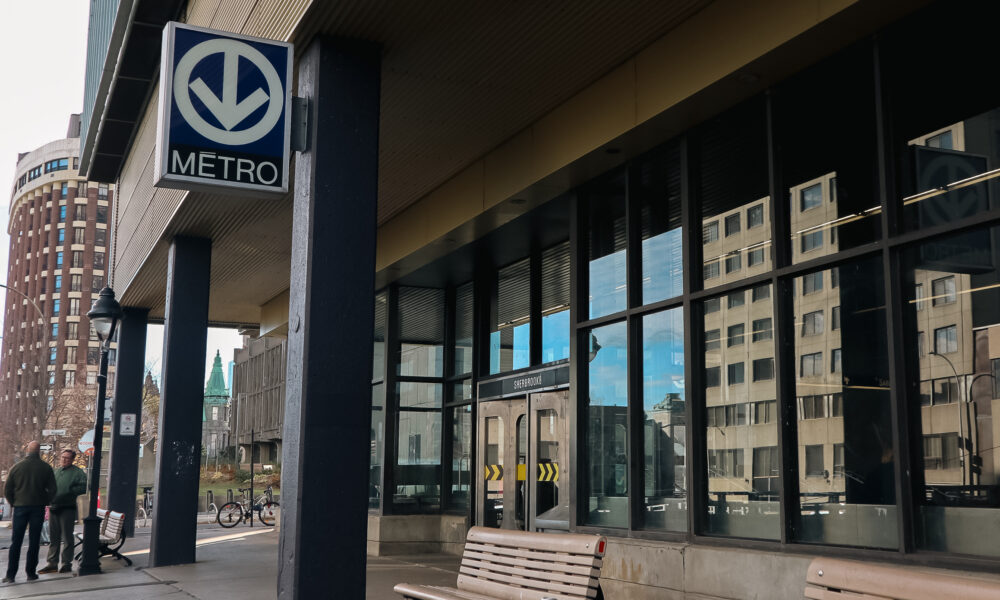Montreal’s metro system has long been the lifeline of student life, whether it’s a late night out at Café Campus or an early 8 a.m. at Leacock Building. The metro system connects many major universities: Concordia, Université de Québec à Montréal (UQÀM), Université de Montréal (UdeM), Université de Sherbrooke, and of course, McGill. It is fast, convenient, and affordable, enabling direct access to these educational institutions. In recent months, however, it has become apparent that it has many flaws, one of the more significant ones being frequent service delays. The causes of these holdups vary, from equipment failure to degrading infrastructure to leakages. Some of these delays last minutes or hours, but others are far more drastic, lasting weeks with no clear end in sight. Serious measures must be taken to enhance the functioning and reliability of Montreal’s public transportation system, for the sake of McGill students and the community at large.
A prime example of this is the ongoing shutdown of the St-Michel station on the Blue Line due to degraded concrete. Though this station is on the far end of the Blue Line, far from any downtown universities, it still affects those Montreal students living far from campus, as well as the many community members who also rely on public transportation. As a result of this station closure, Montreal is urging the province of Quebec to take action on this matter and increase funding for public transit to $560 million CAD per year, a significant jump from the current annual projected sum of $240 million CAD.
Though there have been mixed reactions to this demand for increased funding, the overall consensus is that the metro system needs significant improvement. Denis Martin, mayor of Deux-Montagnes, agrees that the city has waited far too long for changes to be made. Geneviève Guilbault, Quebec’s Minister of Transport and Sustainable Mobility, also acknowledges that service must be improved. Despite these high-level discussions and shared concerns, the reality remains stark: Montreal’s metro system faces budget cuts rather than the vital funding it needs. Students everywhere, myself included, cannot afford to keep arriving late for lectures or missing them altogether due to circumstances out of our control.
McGill students, many of whom depend on public transit to reach campus, face increasingly unreliable commutes with few alternative transportation options. McGill must play a role in advocating for its students and pushing for better services, by collaborating with the Societé de Transport de Montréal (STM) on initiatives to ensure transportation accessibility for students. The distribution of temporary taxi or Uber vouchers in times of STM system failures could be implemented, to guarantee that students can still arrive on campus in an affordable and timely manner. Alternatively, McGill could allow for flexible class schedules in times of delay. The university should allow students to attend lectures, labs and/or exams virtually during transportation disruptions, or at the very least allow for some degree of lenience, especially for classes that have a participation or attendance grade.
The current trajectory of budget cuts rather than increased funding that STM desperately needs threatens not just daily commutes, but the fundamental accessibility of higher education in Montreal. As students navigate the pressures of academic life, the added uncertainty of reliable transportation creates an unnecessary burden that disproportionately affects those with fewer financial resources or schedule flexibility. This transit crisis, coupled with Quebec’s recent tuition hikes for out-of-province students at Anglophone universities, suggests a troubling trend of provincial policies that create additional barriers to education rather than fostering the accessible educational environment Montreal has long been known for.









